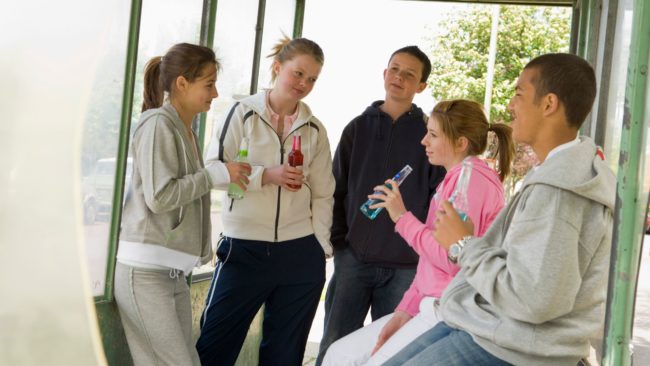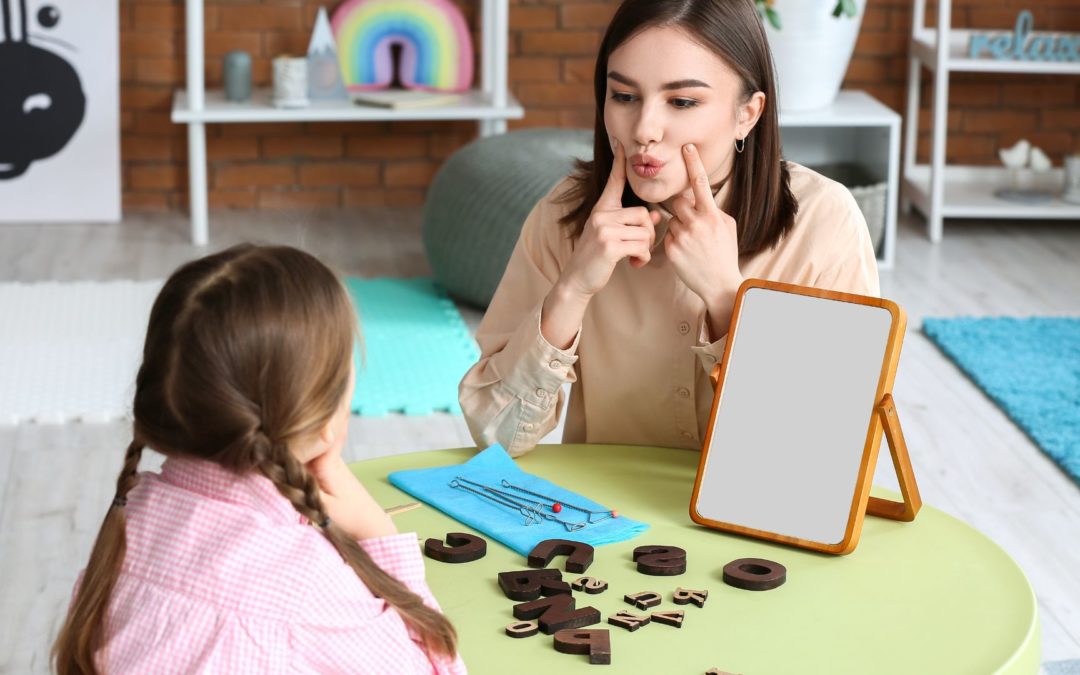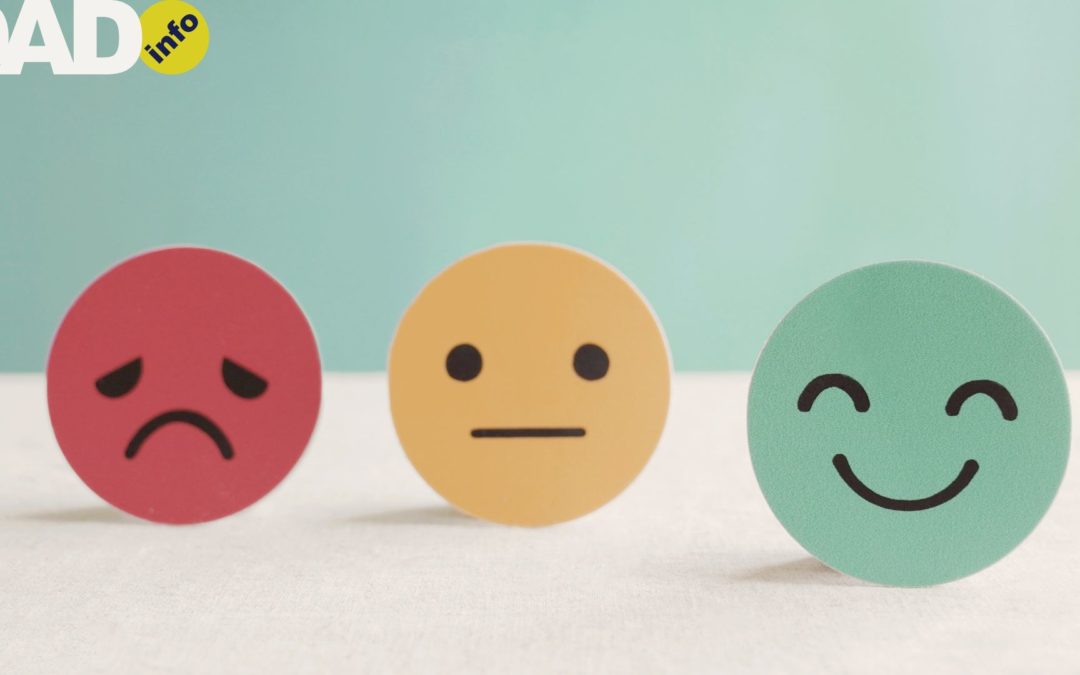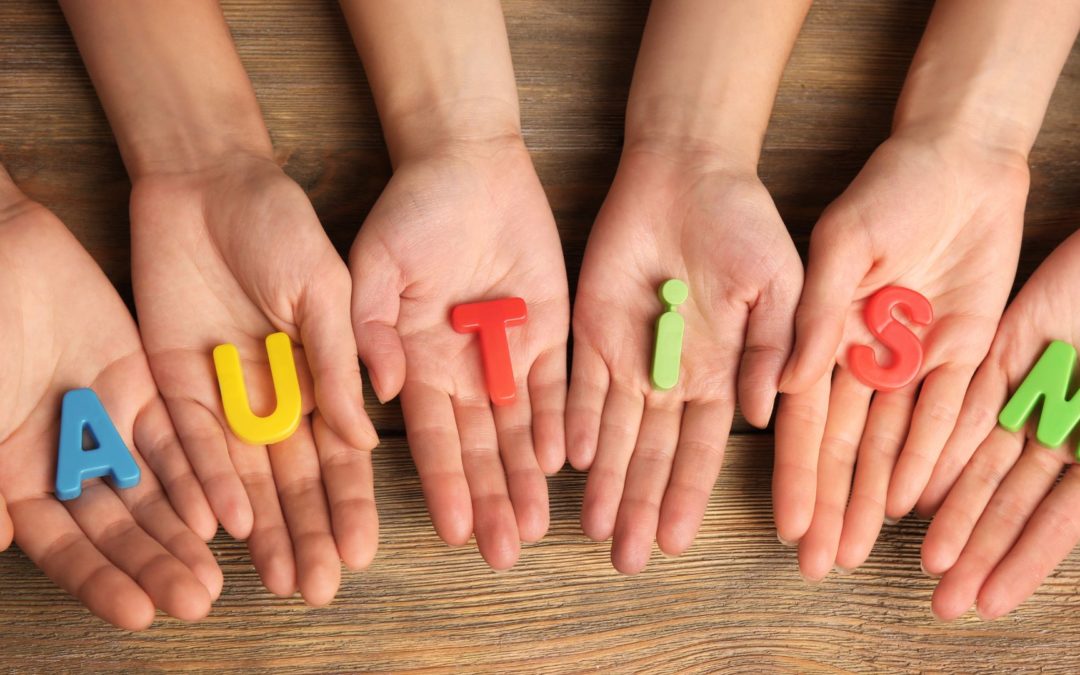
Many of us did it when we were young; you hit the pub with your student mates, over-indulge on the alcopops, giggle like a hyena and then either throw up or collapse in a drunken heap. Oh sure, it’s all very funny to recall later, but at what point does the ‘fun’ drinking become a problem?
The role of alcohol for youth
For many young people, drinking is a rite of passage and a regular part of their social lives. Newly allowed to legally drink, the temptation is there to revel in this newfound freedom. It’s almost expected that most late teenagers and people in their early 20s will be recreationally drinking regularly.
However, it’s worth remembering that anyone who regularly drinks is at risk of developing a dependency on alcohol. Alcohol creates a numbing, calming effect on the drinker, and helps them feel more at ease. This effect can become something that certain people become dependent on.
Even though binge drinking is not uncommon in young people, the effects should not be ignored.
What binge drinking does to the body
While binge drinking does not define you as an alcoholic, it’s a habit that can tip you into unsafe health territory, and become a regular behaviour.
Binge drinking can cause:
- heart palpitations
- dehydration
- disorientation
- depression
- seizures
- risk-taking behaviour.
Your body can only process one unit of alcohol per hour, which is one shot of vodka, or half a glass of wine.
How to talk to teens and young people about binge drinking
It’s wise to inform your kids when they begin drinking alcohol of how binges can affect them negatively- otherwise it can all seem like harmless fun.
For all binge drinkers (but particularly females), being intoxicated can leave you vulnerable to a number of risks, including sexual assault, spiked drinks, unprotected sex, physical fights or being injured.
Plus, alcohol poisoning is a life-threatening condition stemming from over-indulging, and causes vomiting, breathing problems, seizures, and choking.
Binge drinking also causes disrupted sleep and problems with concentration, which can cause poor performance at work or while studying.
Furthermore, studies show that those who binge 3 or more times over 2 weeks have some of the symptoms of alcoholism. It can be surprisingly easy to slip into regular heavy drinking and become dependent on it to relax and destress- although the damage it causes far outweigh the benefits.
Informing your child of all of the above risks in a calm way can help them to recognise that making sensible decisions is important for their wellbeing. Make sure that they know you’re open to further discussions about drinking in the future.
If your child comes home drunk
Difficult as it is, save the serious talk about the risks of heavy drinking for when they are sober. Check they are safe and not displaying any of the signs of alcohol poisoning. If they have passed out or are vomiting, you should stay with them to check they are safe.
The next day have a calm talk about the risks of drinking too much, and why they drink. If your child divulges that they do it to keep up with their friends, or to forget their problems, you can discuss these topics and why heavy drinking isn’t the answer.
Sometimes young drinkers fail to realise their limit and make an innocent mistake of having too much. In this case, advise slowing down their consumption over the evening and mixing in some drinks of water to avoid dehydration.









